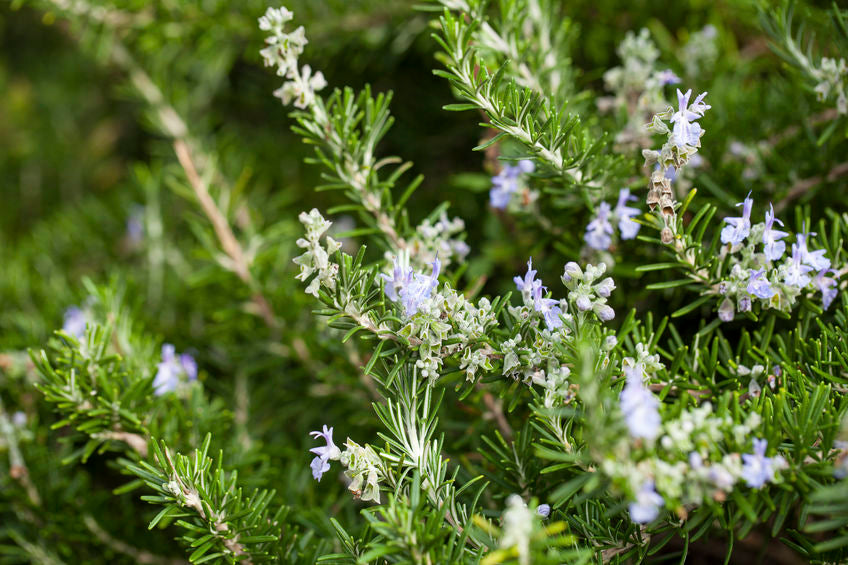
Rosemary loves sailors
Rosemary is believed to be a very protective plant, and new sailor that I am, was tickled to find this in the book “Magical Herbalism” by Scott Cunningham:
“Has connections with the sea so is used in all sea rituals as well as sachets designed to ensure a safe, easy passage on the water... A good protective sachet for boat or ship passengers can be made up of rosemary, garlic (to stop storms), and mistletoe (to guard against lightning storms)”.
Did I make a charm for our sailboat? Yes.
Dew of the Sea
It is said that Rosemary grows best where one can hear the sea.
Rosemary's Latin name used to be "Rosmarinus officinalis". Ros in Latin means "dew", marinus is "of the sea". But recent DNA testing showed Rosemary to actually be closely related to Sage, so it's lost it's own genus and is now considered part of the Salvia clan and was renamed "Salvia rosmarinus" (I'm still not used to it).
Rosemary is such a common culinary herb, I think people forget it's strongly medicinal too. Just some of its physiological effects are antibacterial, antidepressant, antifungal, anti-inflammatory, antioxidant, and antiseptic.
It tonifies the nervous system, improves digestion, circulation, and memory, and is helpful topically for bruises, sprains, and sore muscles.
A traditional incense, Rosemary has been burned in sick rooms to clean and purify the air, and the tea is an excellent remedy for coughs and colds.
Rosemary tea can also help improve concentration and focus, as well as reduce anxiety, so makes a nice companion onboard.
*Avoid medicinal doses during pregnancy (using rosemary to season food is safe). Extremely large doses could cause convulsions and death.
